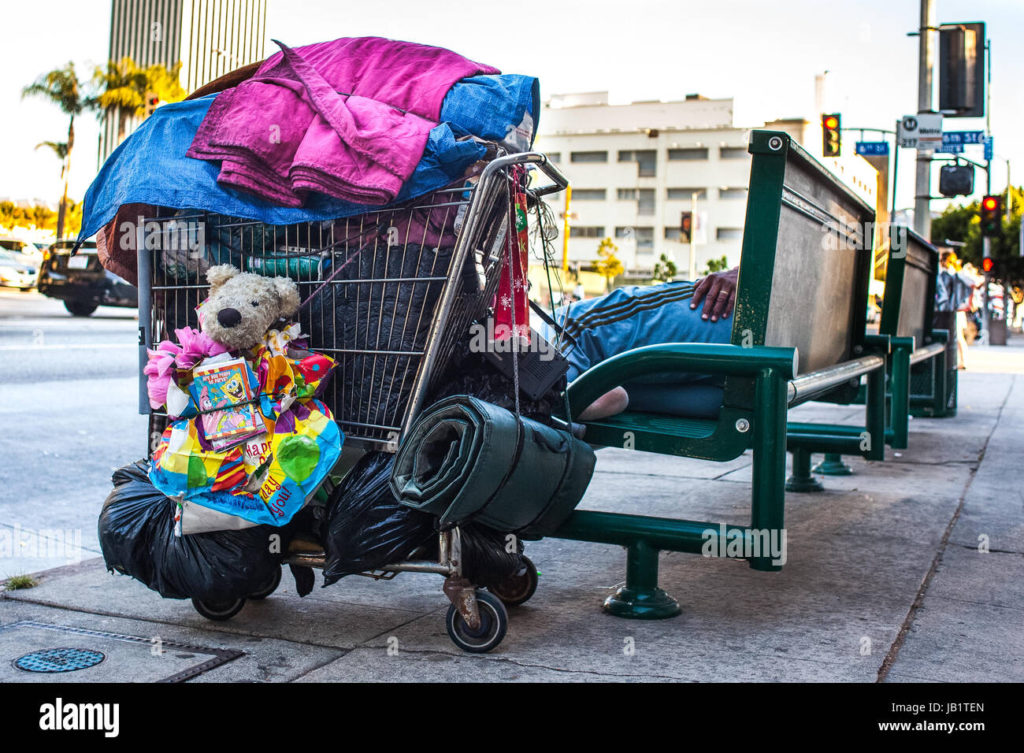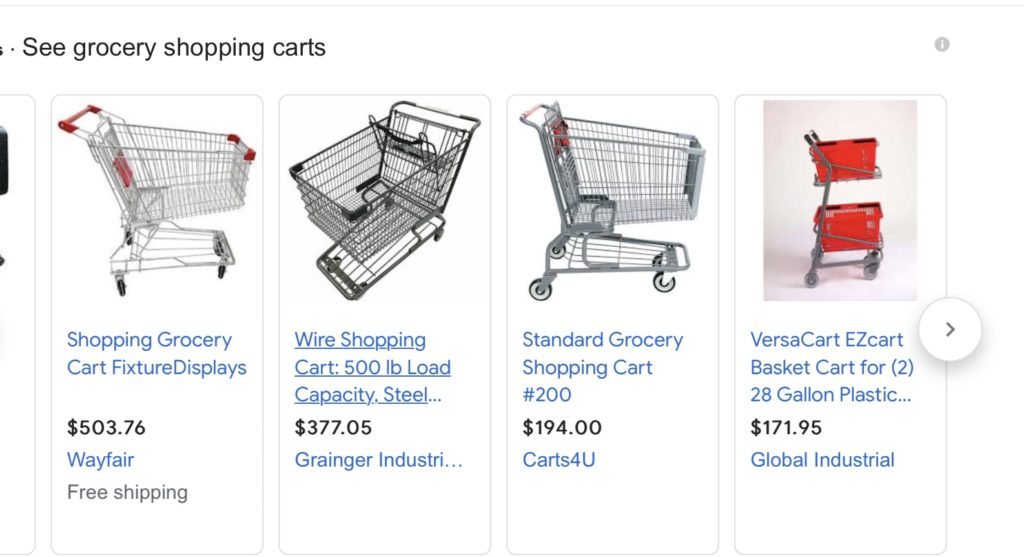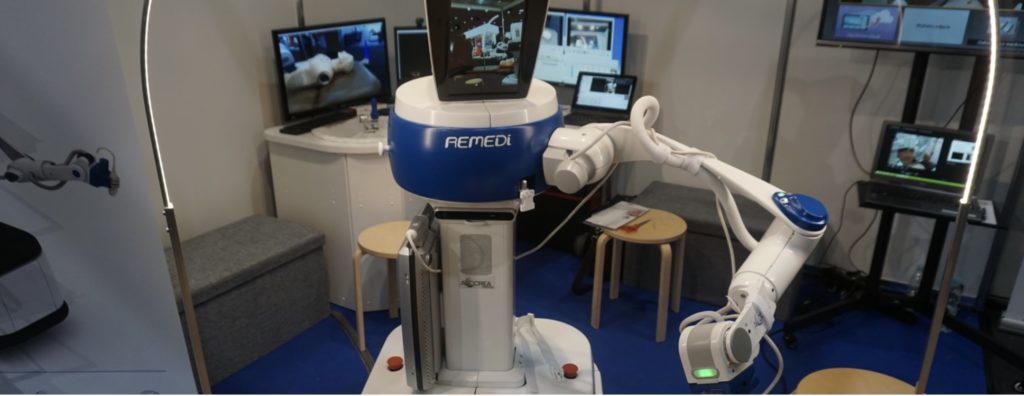Open Letter to an Organ Donor: Samuel Flegel (8/31/78-1/11/2000)
Dear Sam,
It’s odd, how compelled I feel to write you on this day. It’s the day we met, yes. But it meant such starkly different things to each of us and the people who loved us. Love us.
Twenty-three years on the blade. Can you believe it?
Of course you can. You allowed it to be. Or whispered ‘And so it goes.’
For the longest time, I thought of you as mine. Literally, like something I owned, as a parent might think of a child, or an animal lover their pet. After all, you were 14 years my junior at the transplant. Just a kid on a motorcycle, coming home from a party.
But they must have transplanted something beyond organs that day. Because lately, you have been more like bigger brother than younger charge. A big brother who keeps hammering me with a singular message:
‘Embrace the beautiful sorrows.’
It took a couple decades, but I think I’m beginning to catch on. To spot — and accept — the profound moments when bitter must follow sweet, if only for their passing, just as sweet must trail bitter, if only for their presence.
I think we had one of those moments the day we met. I think we have one with every blood test that goes well, every eye exam that goes poorly, every number that inhabits limbo. Or, as you would have it, south of great, north of hopeless.
It’s been a while since I felt hopeless, and that has to be your doing, your consciousness at work, right? It’s as if a note came with your kidney and pancreas: ‘It’s not enough to live this life. Insist on it.’
So I try to barge. I try to smile, genuinely, at least once a day. I try to laugh, genuinely, at least once a day. The dogs make that possible, though I still often fail.
I try to cry, genuinely, at least once a day. You make that possible, though I often fail there, too, because if I think too hard about it, I sometimes cry a lot.
But you welcome all hypocriticals, especially the ones about seizing sunlight and sniffing roses when some days you’re just trying to get tomorrow in the bag.
Since Covid, I find myself dropping into virtual college lectures on the sciences, from biology to astronomy to physics to math, a class I never took beyond high school. Now I’m convinced math is a faith. That’s you too, right?
Lately, I’ve been consumed by the notion of the multiverse. I love contemplating the quantum possibilities of our seismic days.
What if you hadn’t had the motorcycle crash? What if I hadn’t had diabetes?
Would you read my stories? Would I ride your trains? Would we be friends, fathers, famous? It’s all possible, the physicists say. And I’m all-in on science.
So I believe. I believe that you were at the transom of the multiverse on that day, making sure the rearviews were folded back and the windshield was spotless. I believe you found me. I believe that, like Han Solo ledged over the carbonite bath, you grinned, winked, and said ‘Seeing more yesterdays than tomorrows ain’t exactly a calamity, kid.’
And you were gone. And we were off. And it still makes me cry, a lot sometimes.
What a beautiful sorrow.





